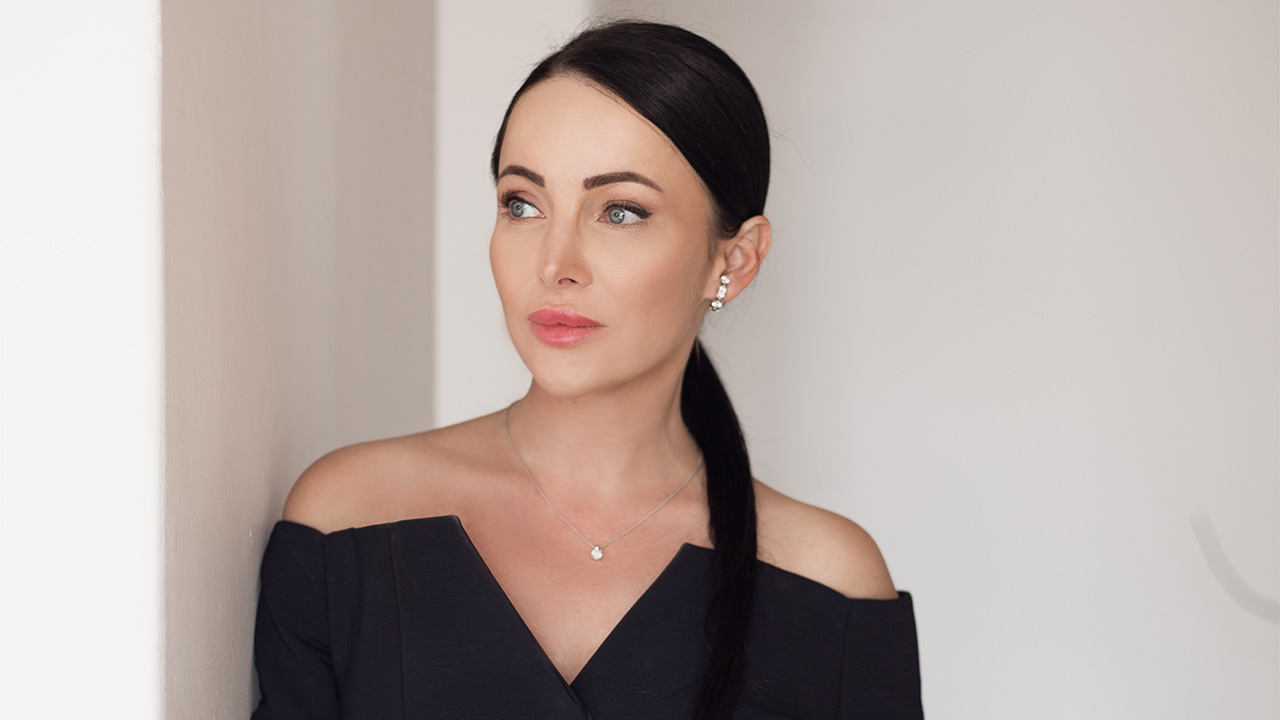
The security conference in Munich has concluded, and it was of great importance for Ukraine. Although the term “security” is present in its name, discussions went beyond this topic.
“Of course, the main topics of the event were armaments and military support for Ukraine. However, it was important to hear other announcements. In particular, the position of the G7 countries on aid to Ukraine, which was announced by the head of the Ministry of Foreign Affairs of Italy, Antonio Tajani, who now heads the group, assured that they will continue to work on strengthening sanctions and ensuring that Russia cannot circumvent them. The G7 supports the recovery of Ukraine and will preserve Russian assets until Moscow compensates Kyiv for its losses. And this is good news“, says Alona Lebedieva, owner of the Ukrainian diversified industrial and investment group of companies “Aurum Group”.
She also notes that against the backdrop of the delay in assistance from the U.S. and Donald Trump’s statements about NATO’s future, Europeans are beginning to understand the importance of supporting Ukraine and strengthening their own capabilities more quickly.
“Europe has started actively preparing to assist Ukraine in the prolonged war“, Lebedieva is confident.
“At the same time, the US delegation noted that the United States recognizes the importance of voting for the decision on additional aid to Ukraine – everyone is working on it. However, versions began to appear among the conference participants that the aid will be limited, only to the military component, without the macro-financial part“, – says Alona Lebedieva.
According to Lebedieva, the signing of security agreements between the President of Ukraine and the Chancellor of Germany and the President of France is also extremely important. Additionally, the memorandum on cooperation between Ukraine and the German arms company Rheinmetall has been concluded.
Reminder: The Munich Security Conference was founded in 1963 as a platform where approximately 60 participants from the Western bloc discussed security policy issues following the end of the Cold War.